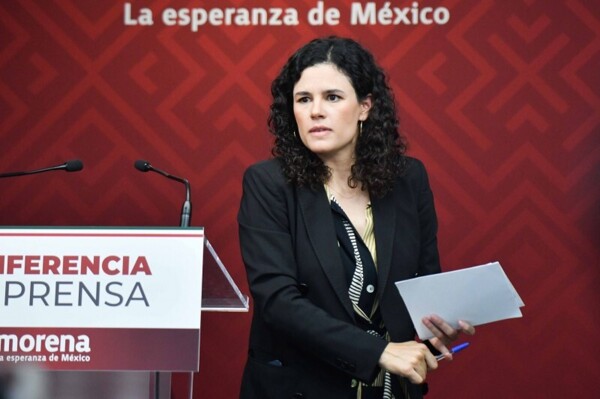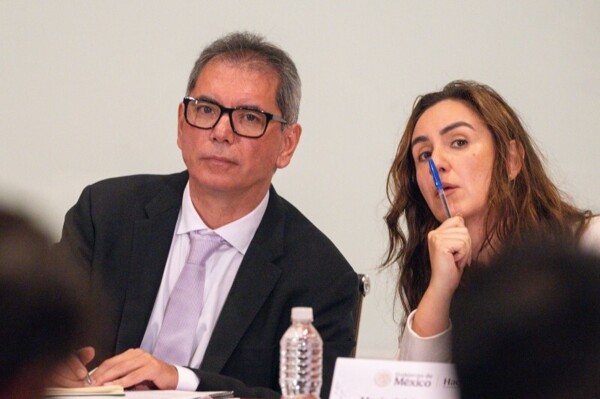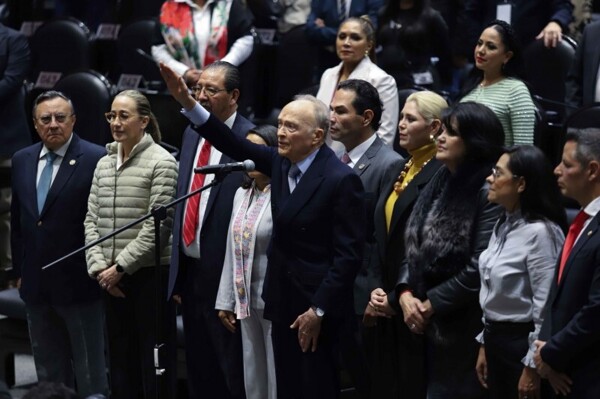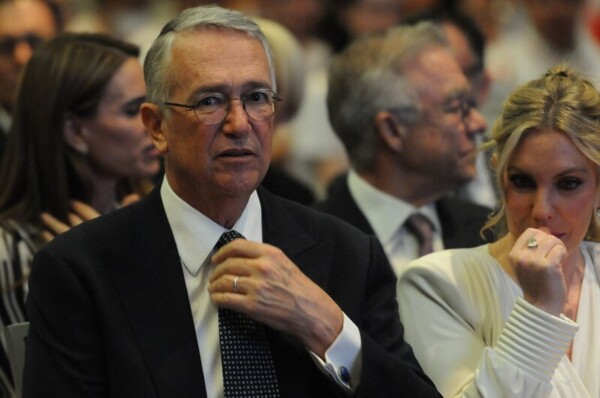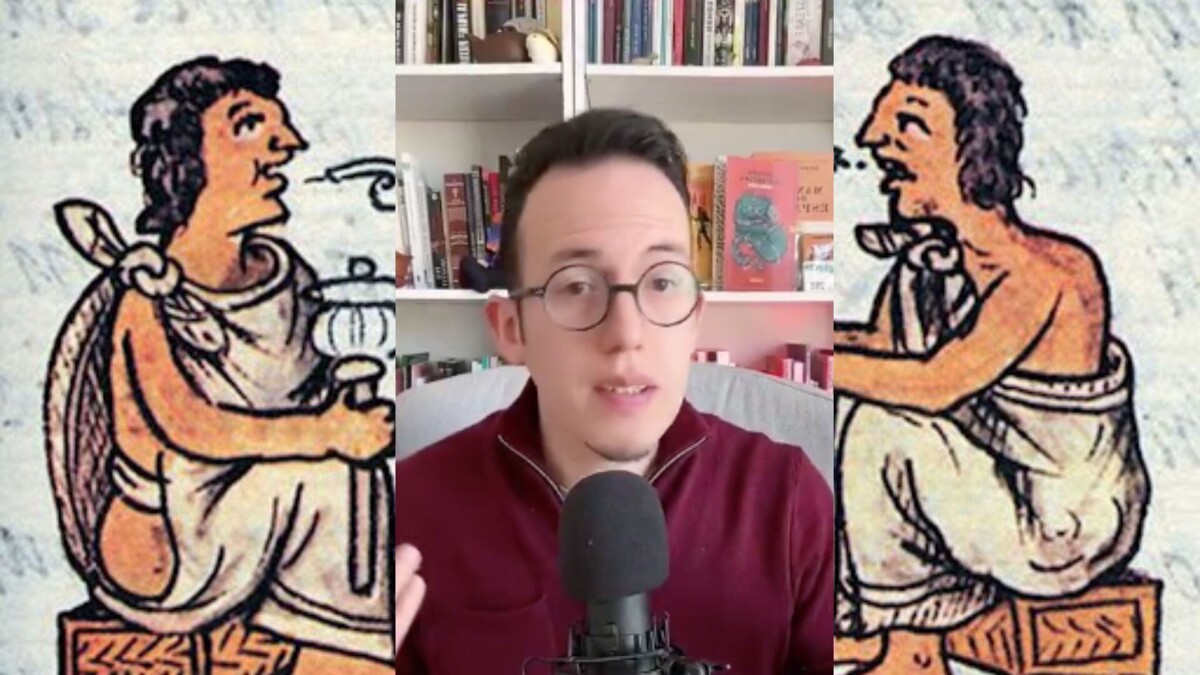
Adrián Chávez, a renowned writer and translator who has gained popularity on digital platforms like TikTok for promoting content related to linguistics, has emphasized the importance of teaching Nahuatl in schools. According to Chávez, additive bilingualism refers to the acquisition of a language considered prestigious, such as English, while subtractive bilingualism relates to languages perceived as marginal, such as Nahuatl.
Chávez points out that social prejudices against certain languages, such as Nahuatl, lack linguistic basis. The value of a language lies in its potential to enrich people's identity and understanding, regardless of how many individuals speak it. In this sense, teaching Nahuatl not only contributes to cognitive and social development but also brings visibility to historically marginalized communities.
The lack of teaching Nahuatl in schools has been one of the main causes of its disappearance, according to Chávez. Learning this language not only allows students to connect with a crucial culture in the construction of Mexico but also represents a step towards a more inclusive and plural education.
Despite the criticisms and controversies raised by this proposal, Chávez defends the teaching of Nahuatl in schools as a means to preserve the linguistic and cultural diversity of Mexico. Recently, the Government of Mexico City announced the implementation of Nahuatl classes in 78 secondary schools as an optional subject, with the aim of revitalizing and preserving this language.
This initiative follows the example of other countries, such as Paraguay, where Guarani and Catalan have been promoted to preserve their indigenous languages. Learning a language not only involves acquiring vocabulary but also understanding and appreciating a culture and a worldview that have been fundamental in the history of Mexico.











